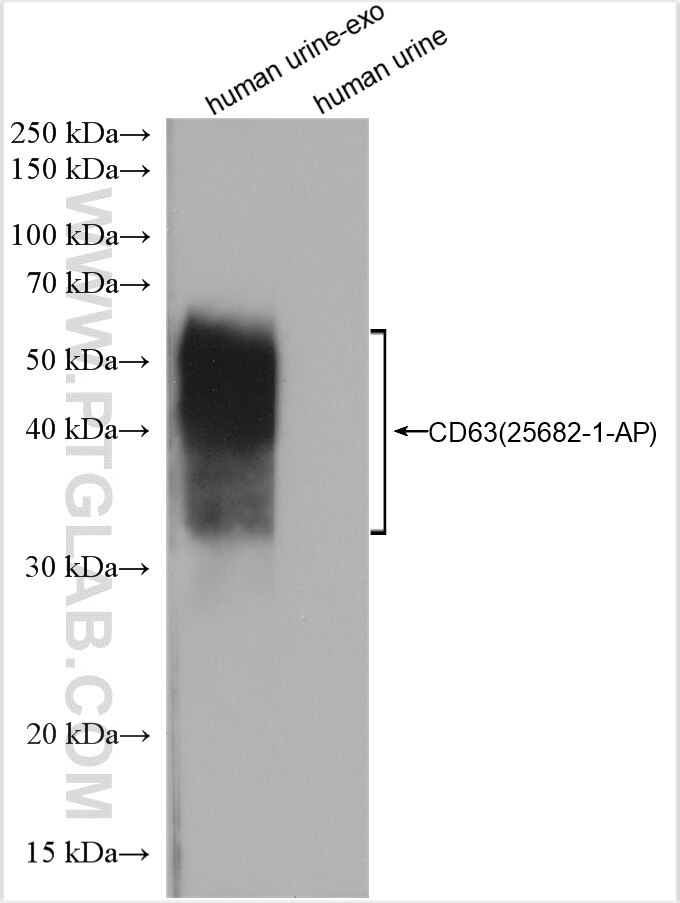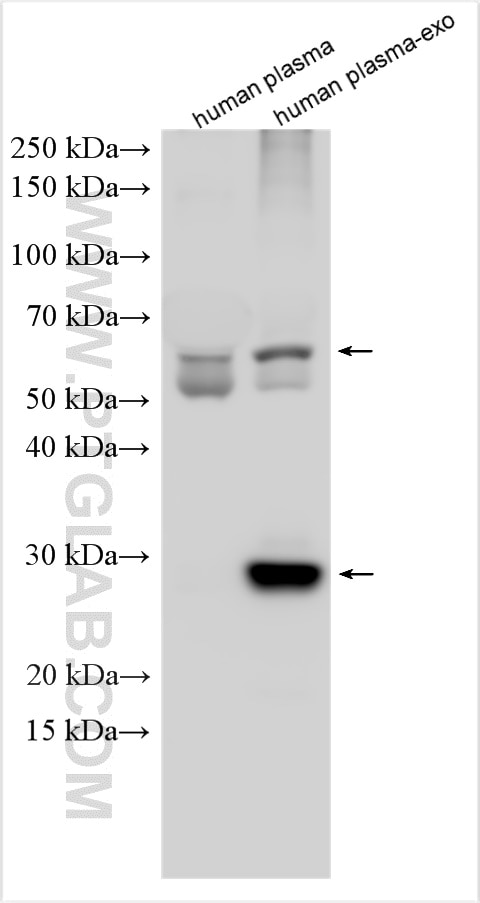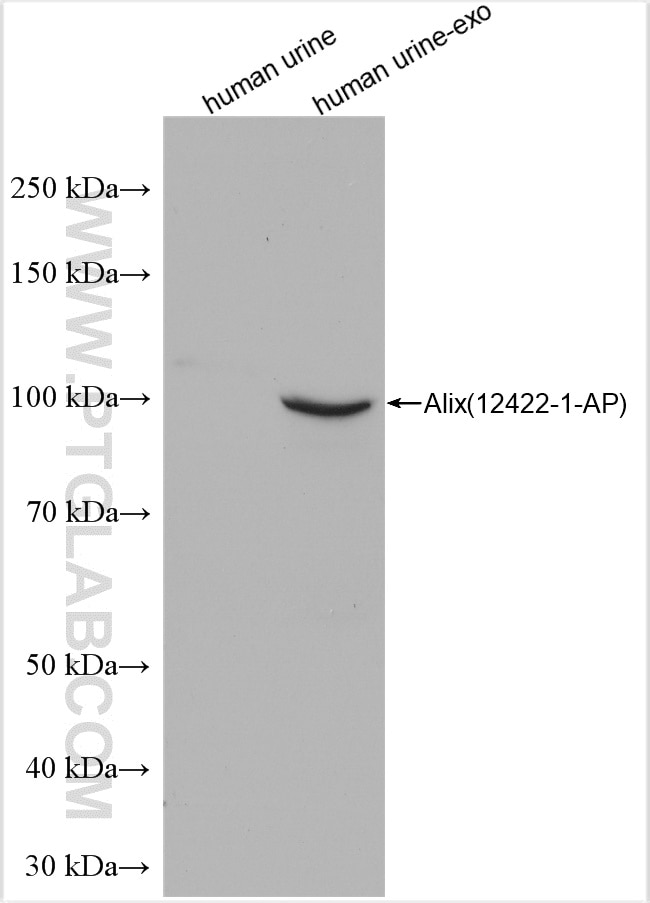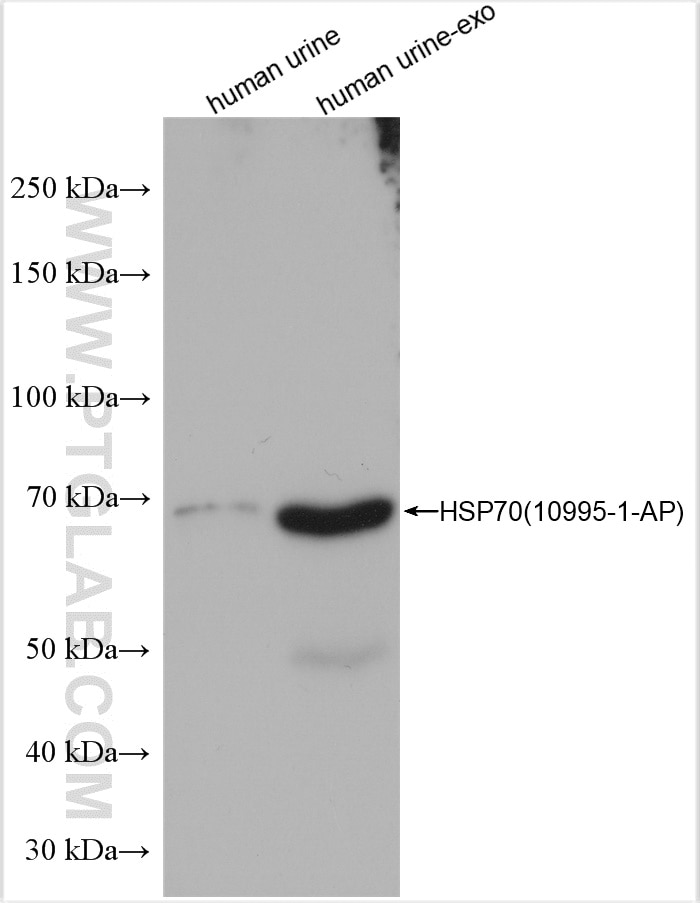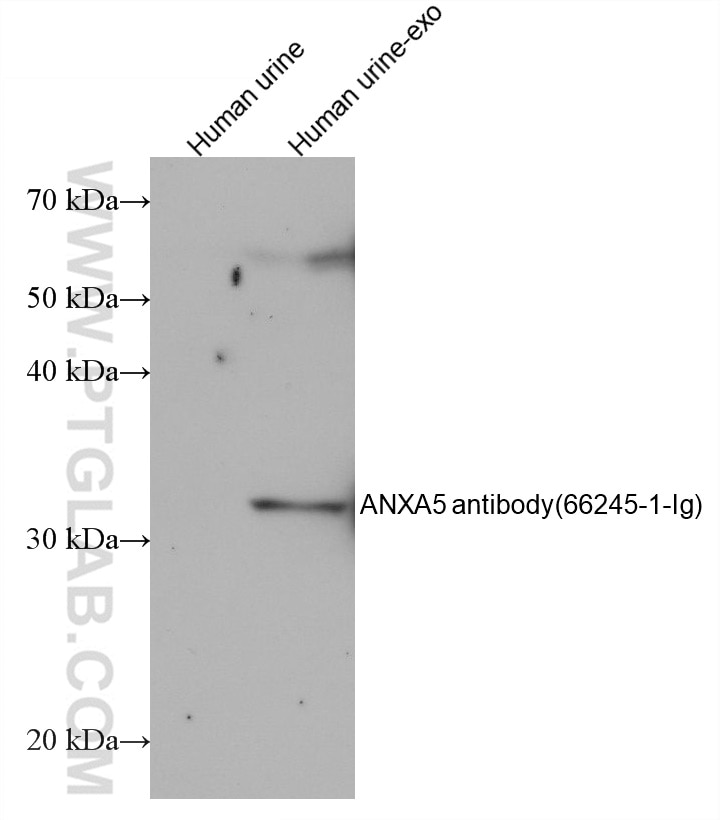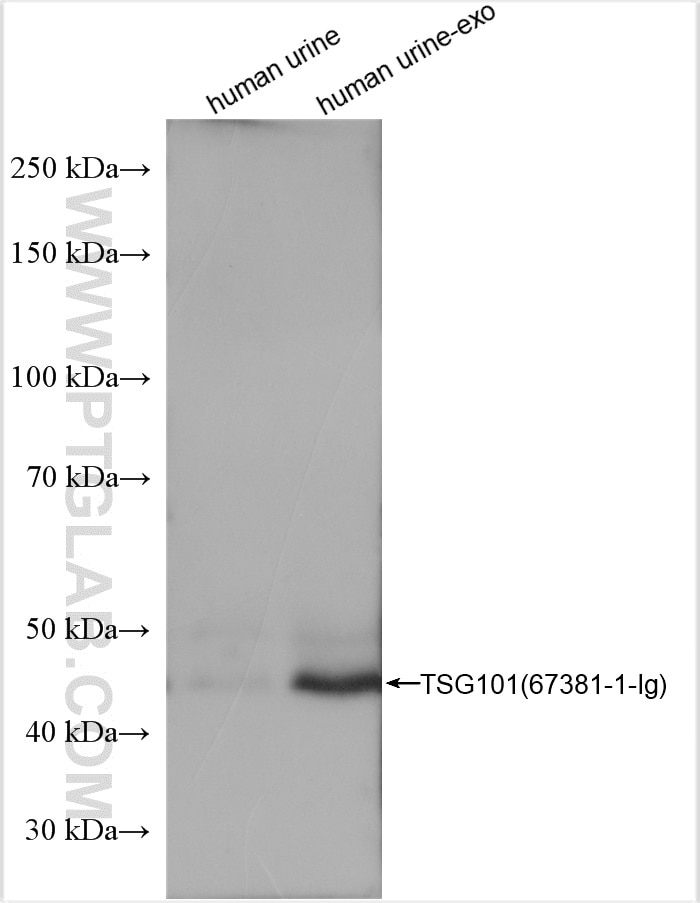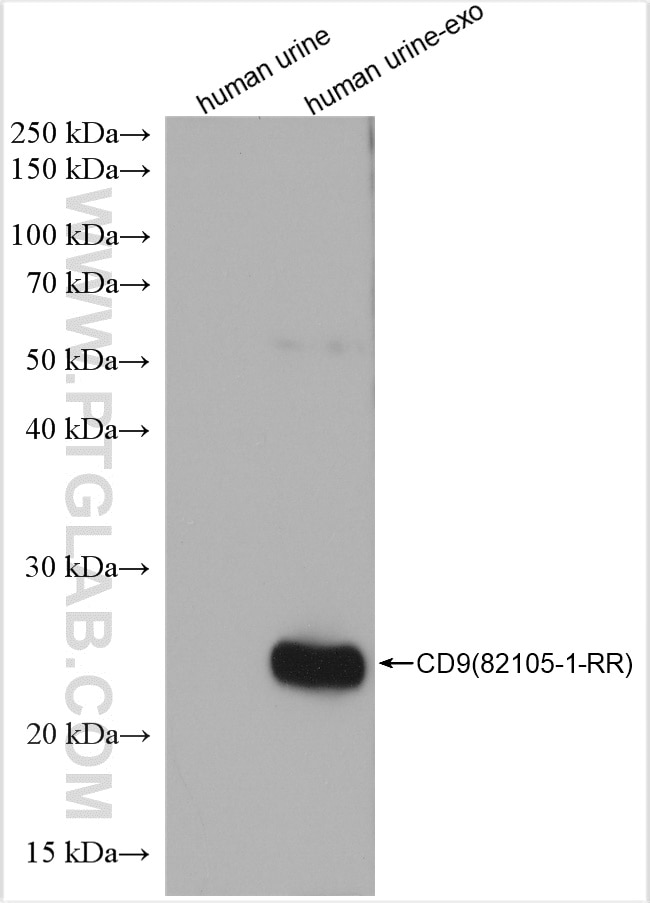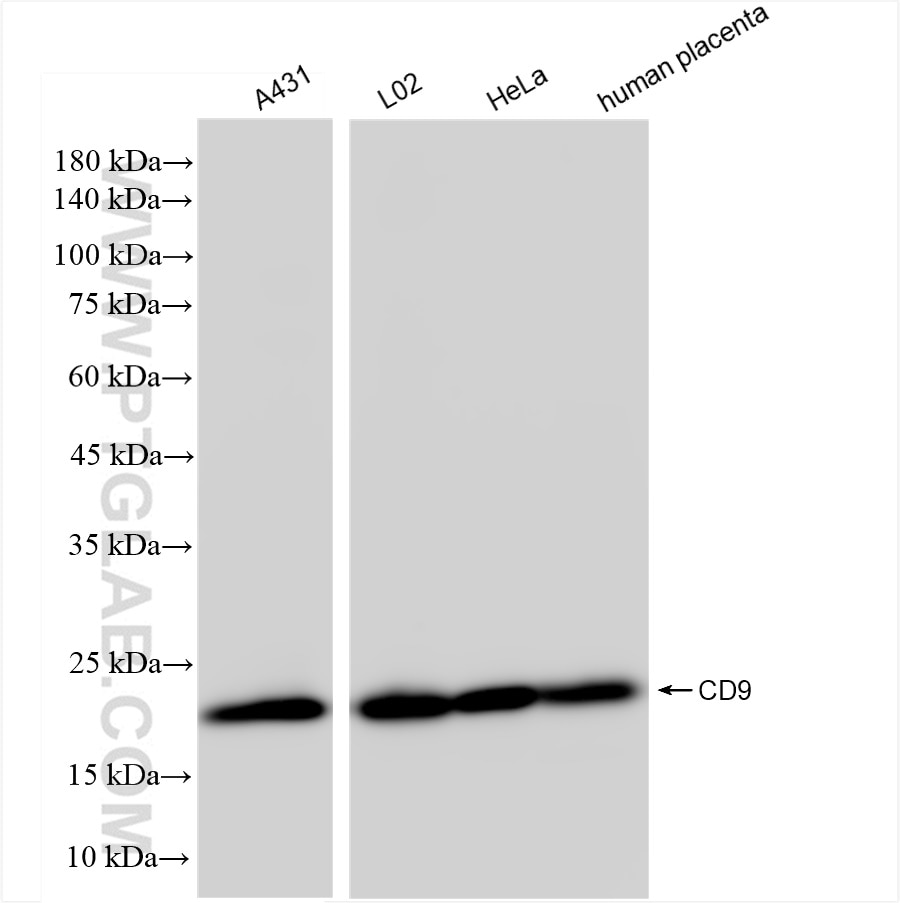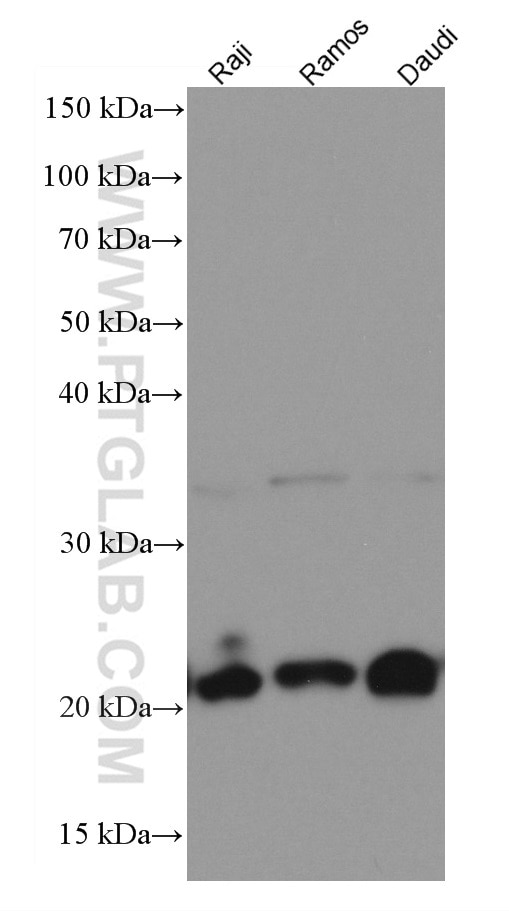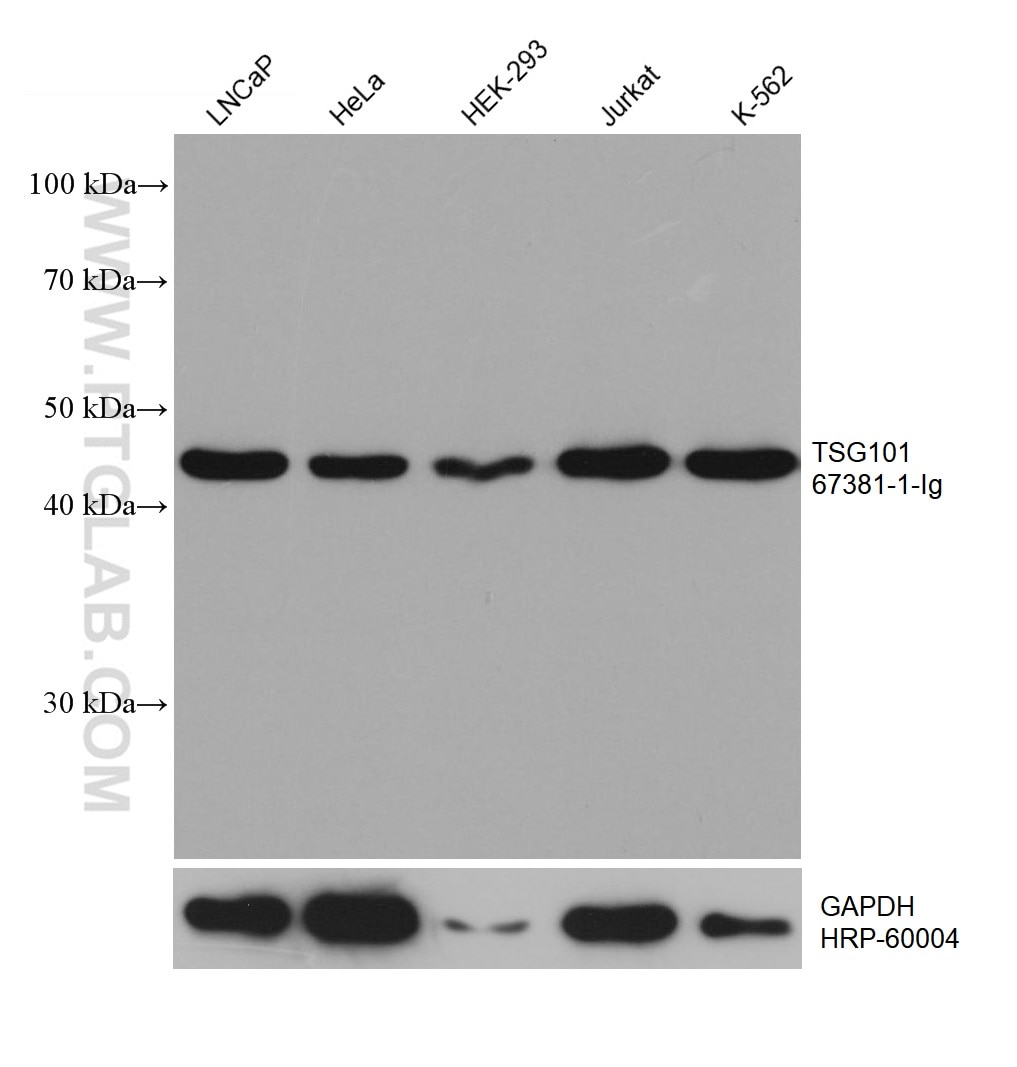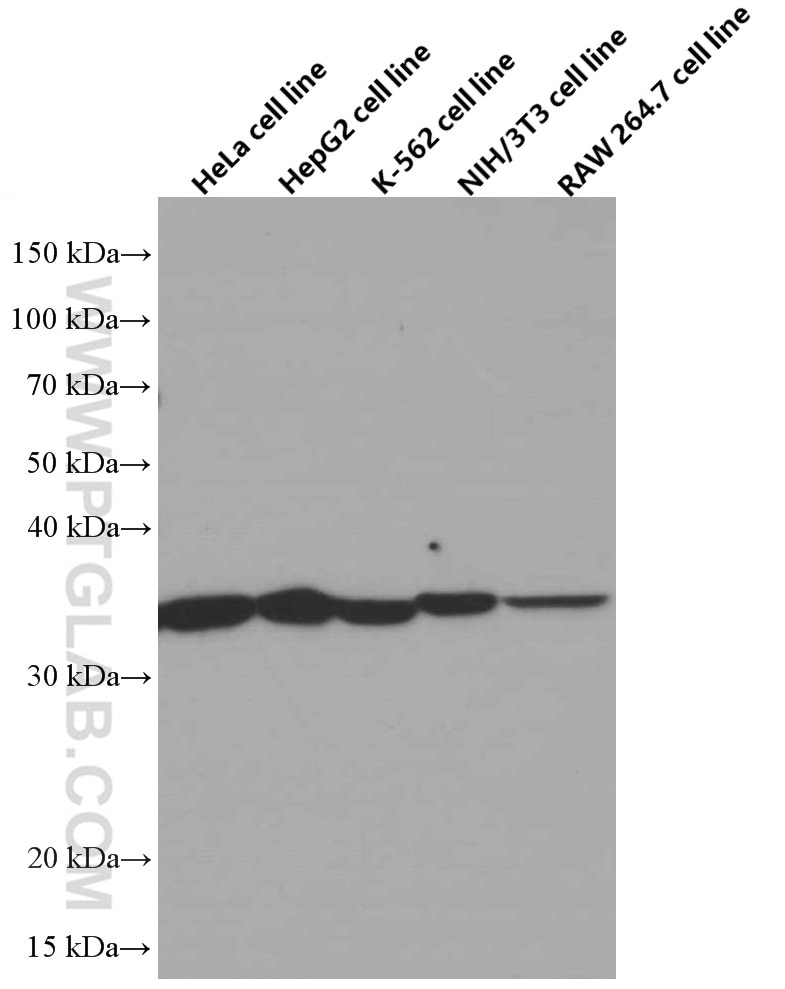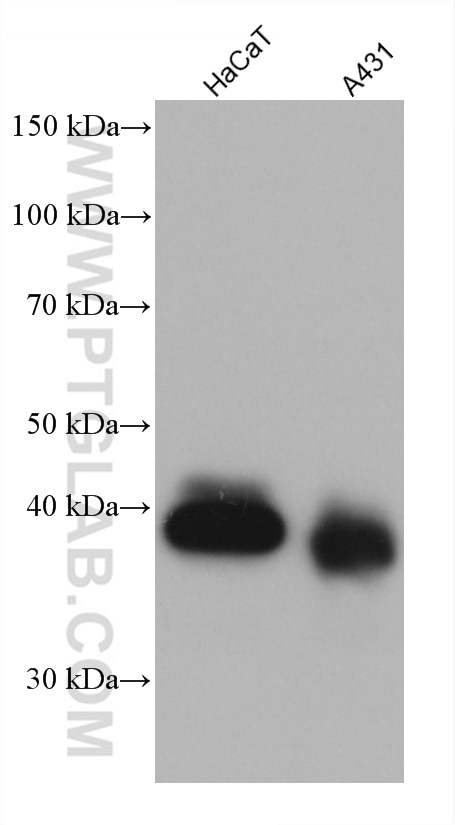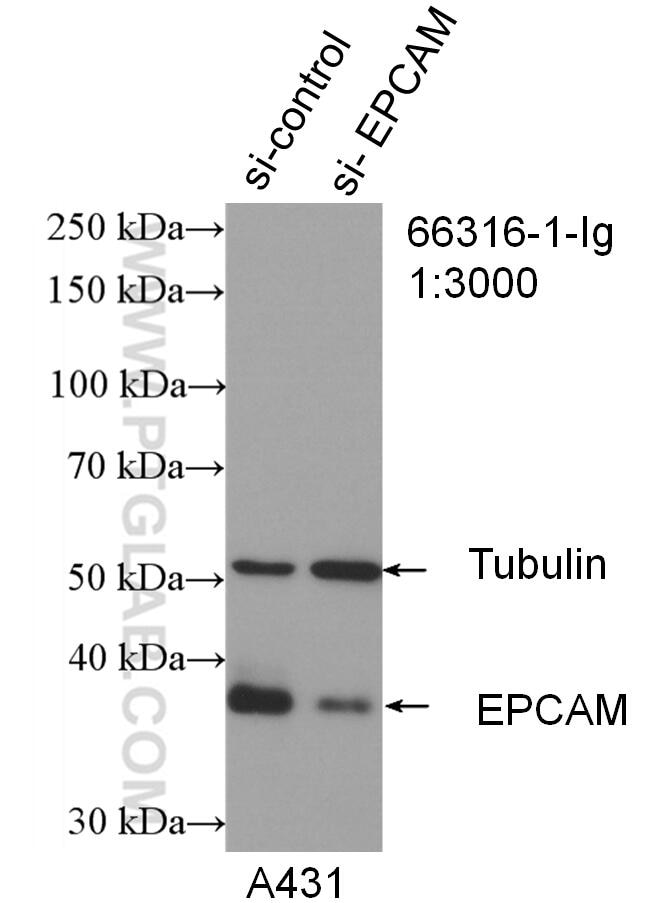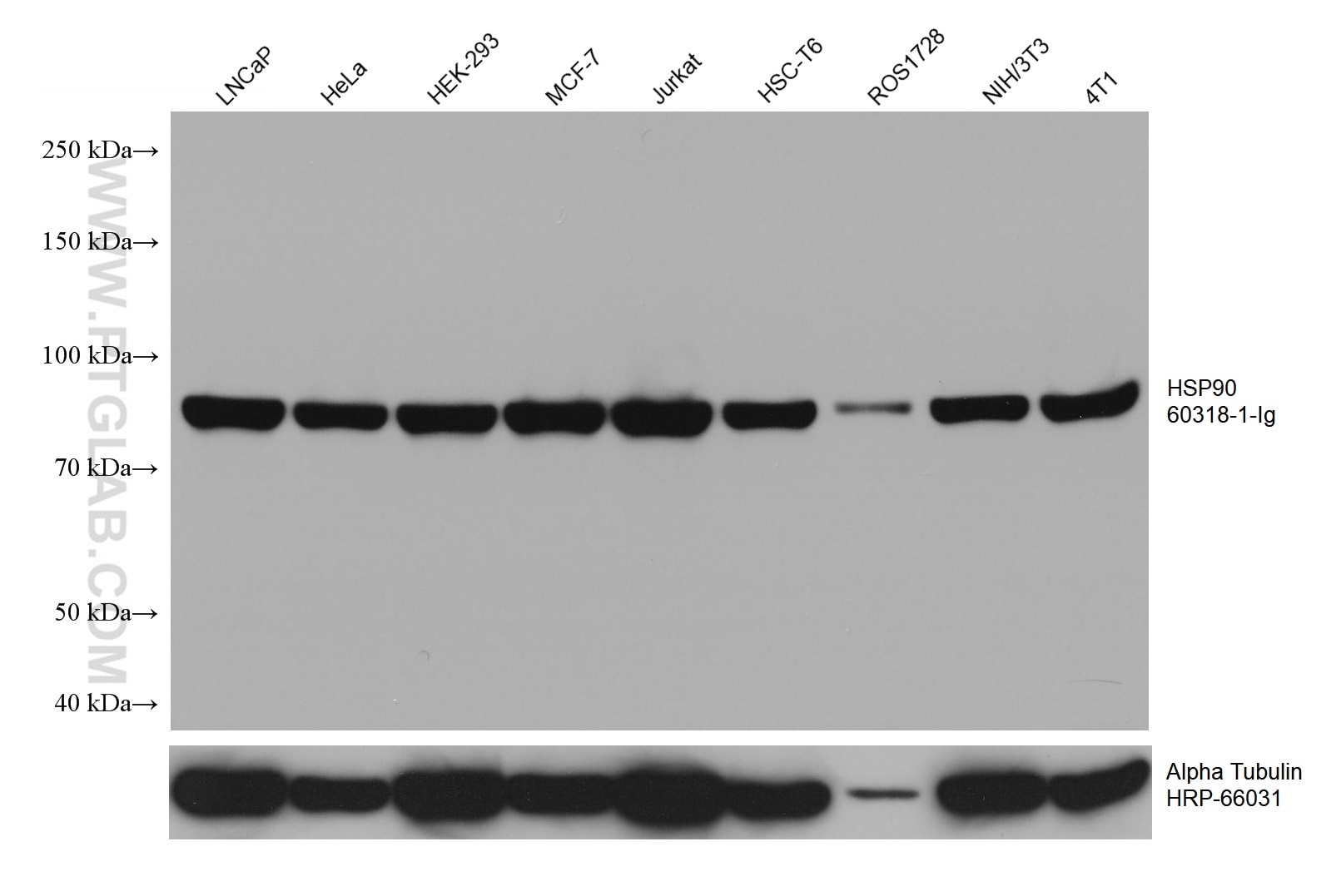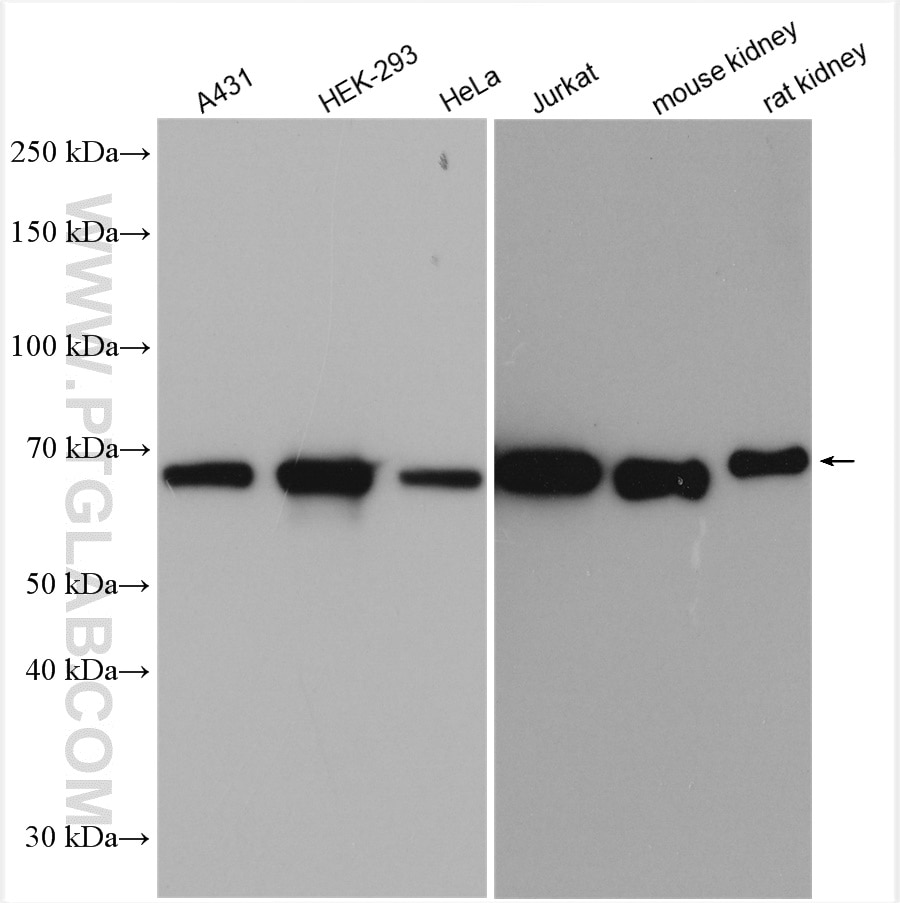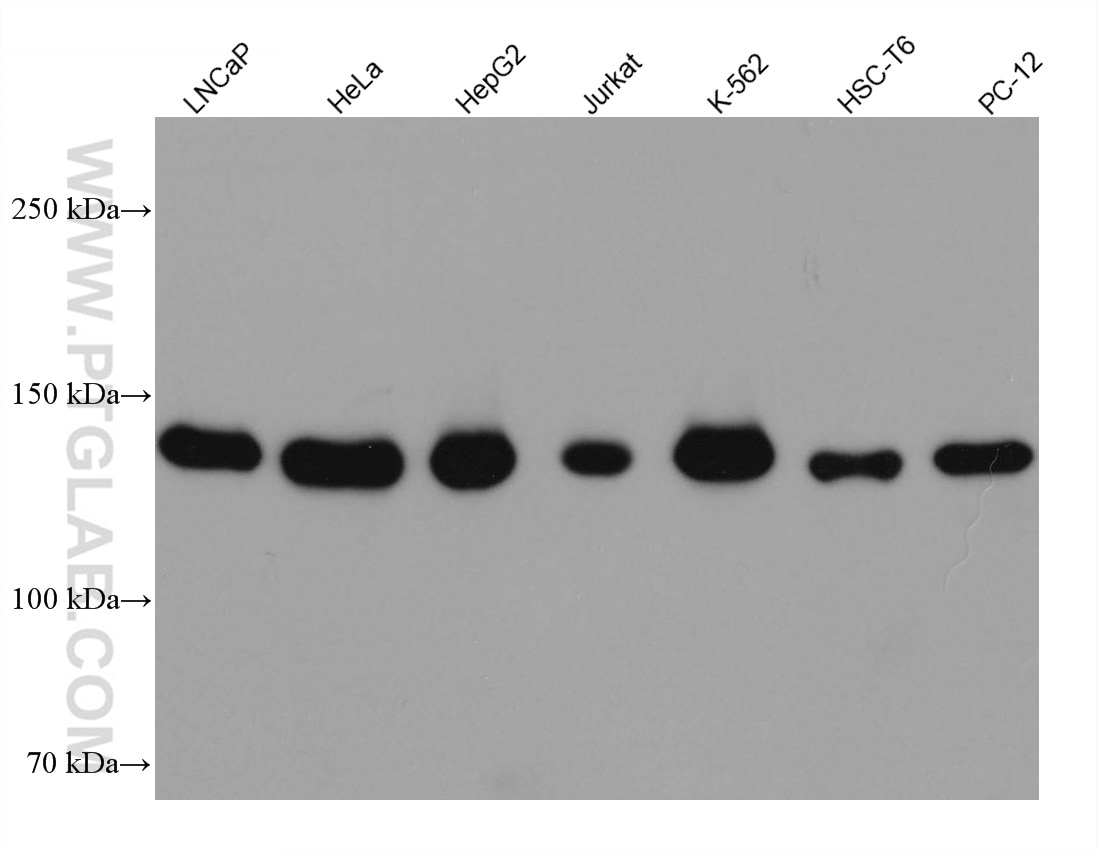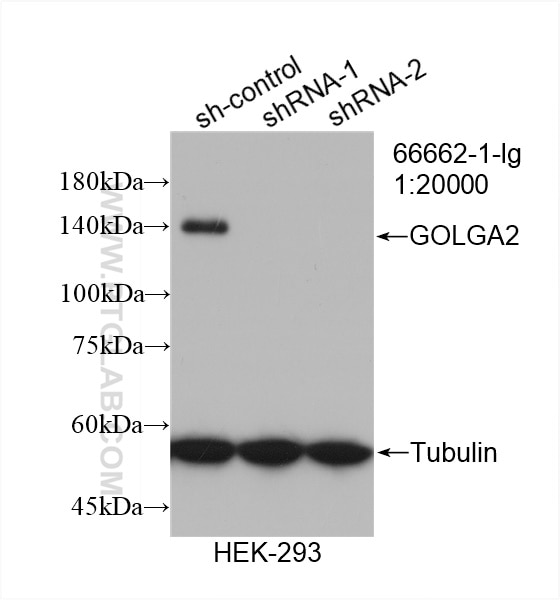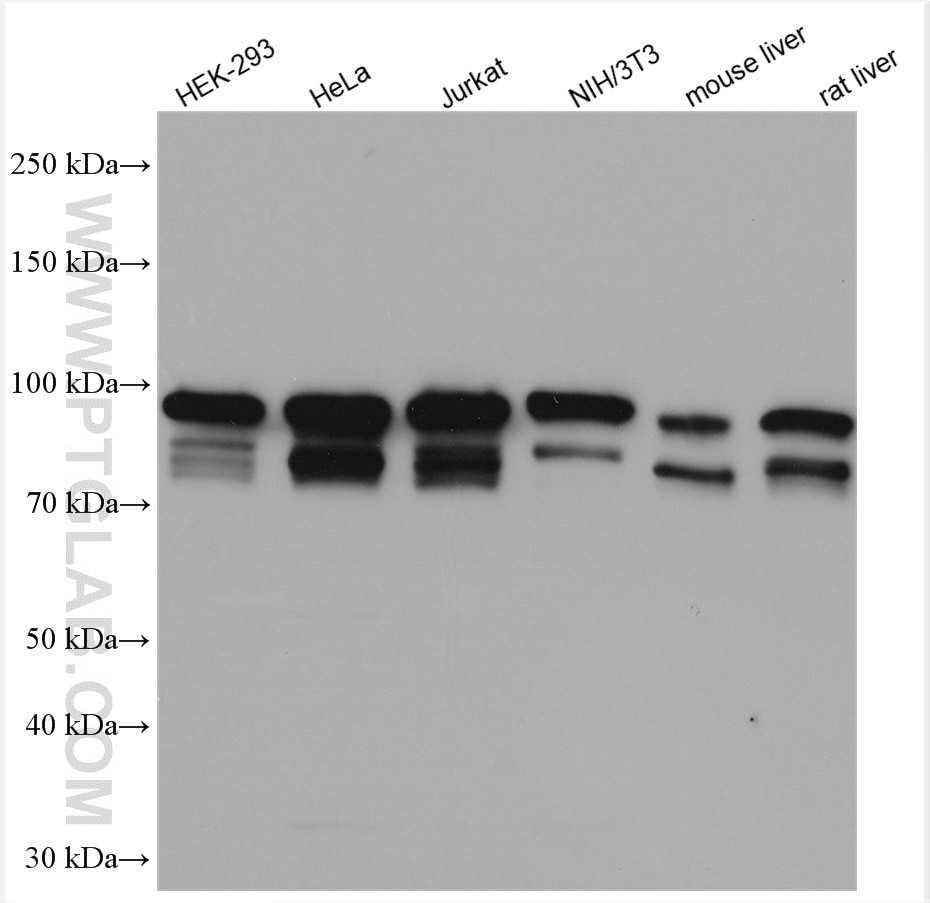Exosome Expanded Antibody Kit
Host/Isotype
Rabbit/Mouse
Reactivity
Target dependent
Applications
Target dependent
Conjugate
Unconjugated
Cat no : PK30024
Validation Data Gallery
Product Information
The Exosome Essentials Antibody Kit provides a cost-effective tool for identifying and studying exosomal markers. Perfect for researchers starting a new project, screening multiple prospective targets or those who simply require less volume.
The Exosome Expanded Antibody Kit contains antibodies against 10 key proteins for studying exosomes (including anti-GM-130 as a negative control).
| Antigen | Catalog No. | Host, clonality | Tested Reactivity | Applications | Volume |
|
CD63 |
25682-1-AP | Rabbit Polyclonal | H | WB, IP, IF, IHC | 20 uL |
|
Alix |
12422-1-AP | Rabbit Polyclonal | H, M, R | WB, IP, IF, IHC | 20 uL |
|
TSG101 |
67381-1-Ig | Mouse monoclonal | H, M, R | WB, IF, IHC | 20 uL |
|
HSP70 |
10995-1-AP | Rabbit Polyclonal | H, M, R | WB, IP, IF, IHC | 20 uL |
|
GOLGA2/GM130 |
66662-1-Ig | Mouse monoclonal | H, R | WB, IF | 20 uL |
| Annexin V |
66245-1-Ig |
Mouse monoclonal | H, M | WB, IF, IHC | 20 uL |
| EpCAM |
66316-1-Ig |
Mouse monoclonal | H | WB, IF, IHC | 20 uL |
| HSP90 |
60318-1-Ig |
Mouse monoclonal | H, M, R, Pg | WB, IP, IF, IHC | 20 uL |
| CD9 |
84142-1-RR |
Rabbit monoclonal | H | WB, IF, IHC | 20 uL |
| CD81 |
66866-1-Ig |
Mouse monoclonal | H | WB, IF, IHC | 20 uL |
Also see our 'Exosome Essentials Antibody Kit ' on the following page https://www.ptglab.com/products/Exosome-Essentials-Antibody-Kit-PK30023.htm。
Storage
Store at -20°C. Stable for one year from the date of receipt.
Background Information
Exosomes are small, membrane-bound vesicles that are secreted by various types of cells in normal and pathophysiological conditions, including cancers, neurodegenerative disorders, and cardiovascular diseases. They are involved in intercellular communication and are responsible for the transfer of bioactive molecules, such as nuclic acids, proteins, and lipids. In addition to analyzing cargo from isolated exosomes, scientists have also been harnessing the potential of exosomes for drug delivery and regenerative medicine.
Standard Protocols
Click here to view our standard protocols for various applications including WB, IP, IHC, IF, FC, and ELISA.
